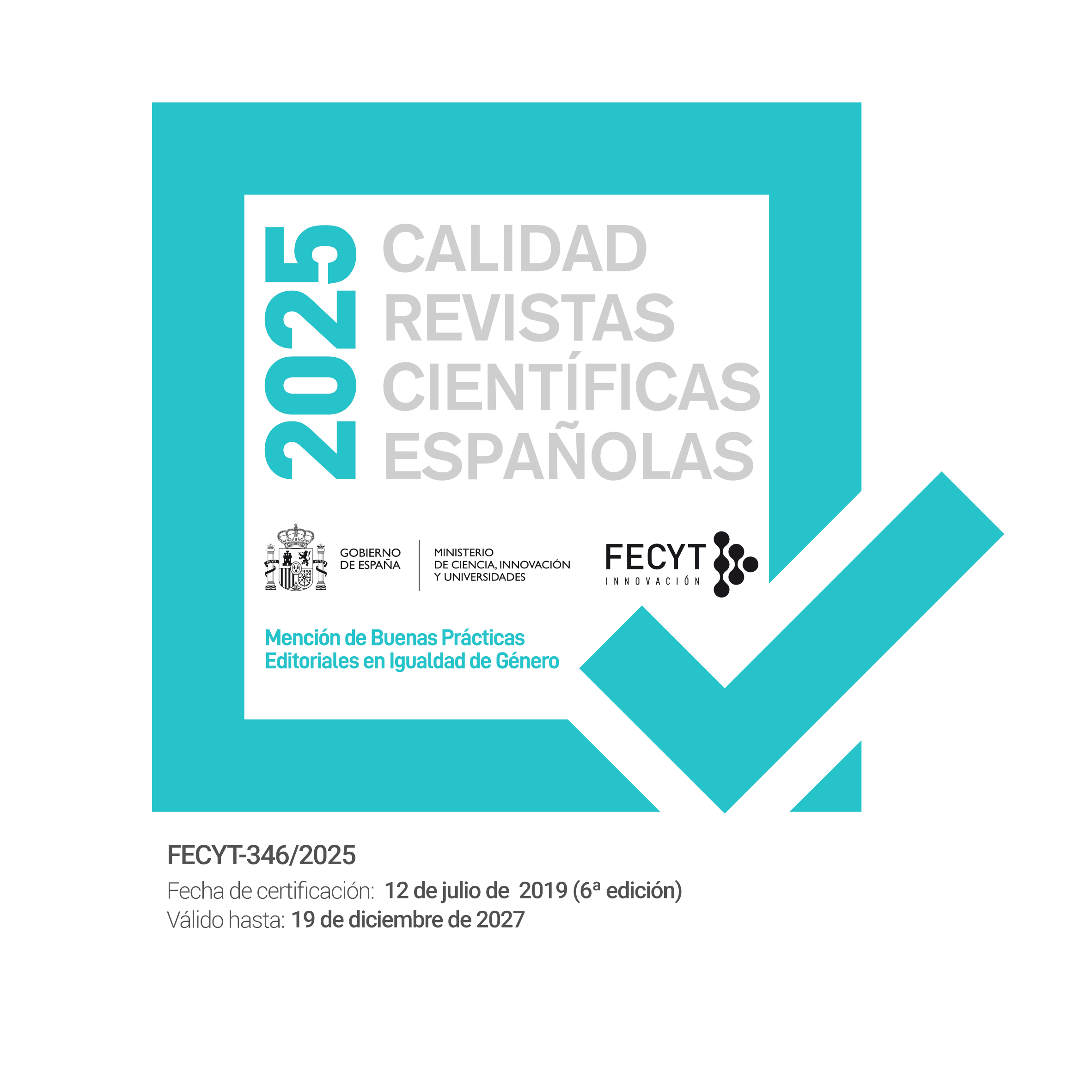Los fundamentos ideológicos de la Alt-Right: del paleoconservadurismo a la fascistización
Palabras clave:
conservadurismo, neoconservadurismo, paleoconservadurismo, fascistización, Alt-RightResumen
El presente trabajo tiene como objetivo explorar las raíces ideológicas de la Alt-Right, el movimiento de derecha radical más importante de Estados Unidos en las últimas décadas. Para ello es necesario realizar una genealogía centrada en el rol de una serie de intelectuales que se remonte a la formulación de la ideología paleoconservadora, a su vez una reacción a la exclusión de los elementos más radicales del conservadurismo estadounidense en los años cincuenta. Estas tendencias hallan en la presidencia de Barack Obama un momento idóneo para el rearme ideológico que desemboca en un movimiento juvenil abiertamente neo-fascista que ve en la victoria de Donald Trump una ventana de oportunidad para ejercer su poder metapolítico.
Descargas
Descargas
Publicado
Cómo citar
Número
Sección
Licencia
Derechos de autor 2021 Encrucijadas. Revista Crítica de Ciencias Sociales

Esta obra está bajo una licencia internacional Creative Commons Atribución-NoComercial-SinDerivadas 4.0.
Los autores/as conservan los derechos de autor y ceden a la revista el derecho de la primera publicación, con el trabajo registrado con la licencia de atribución de Creative Commons Reconocimiento-NoComercial (CC-BY 4.0), que permite a terceros utilizar lo publicado siempre que mencionen la autoría del trabajo y a la primera publicación en esta revista. Encrucijadas permite y se anima a todas las personas autoras a depositar la versión final publicada en repositorios institucionales o temáticos de acceso abierto, cumpliendo en caso necesario los términos establecidos por la entidad financiadora de la investigación.





